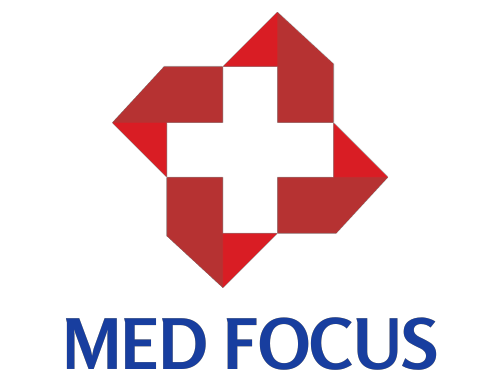Clinical rotations are a crucial component of medical school because they give students practical experiences that help them transition from academic learning to actual patient care. The various specializations and patient encounters that make up the profession of medicine can be observed, learned from, and actively participated in by medical students throughout these rotations. I'd like to share my personal perspectives on clinical rotations in this blog post, emphasizing the life-changing experiences, difficulties encountered, and priceless insights discovered along the way.

1. The Power of Observation:
Throughout my clinical rotations, I soon came to understand the value of careful observation. Every aspect mattered, from how a skilled doctor performed a physical examination to the nonverbal messages given and received by patients and healthcare professionals. Understanding the complex nature of patient care required mastering the art of carefully observing and interpreting these interactions.
2. Navigating the Emotional Rollercoaster:
Medical students are exposed to a wide spectrum of emotions during clinical rotations, which can be challenging to navigate. Being moved by the tenacity and bravery of patients facing fatal conditions can be difficult since it entails experiencing heartbreaking moments of loss and grief. A constant process, learning to manage these emotional highs and lows while keeping empathy and professionalism frequently necessitates asking for help from peers and mentors.

3. The Art of Effective Communication:
Clear and compassionate communication is the cornerstone of patient care. During rotations, I witnessed the impact that effective communication had on patient outcomes. From breaking difficult news to discussing treatment plans, conveying information in a manner that is understandable, respectful, and tailored to individual patient needs is crucial. Honing these communication skills became an ongoing goal throughout my clinical experiences.
4. Embracing the Unknown:
Clinical rotations often exposed me to situations where the answer wasn't readily available in a textbook or lecture. Learning to embrace the unknown and navigate uncertainty was an essential lesson. It taught me the importance of adaptability, critical thinking, and utilizing available resources to make informed decisions in the best interest of my patients.

5. The Human Connection:
Despite the technological advancements in medicine, the human connection remains at the core of patient care. Interacting with patients, listening to their stories, and understanding their unique perspectives reminded me of the privilege and responsibility of being a healthcare provider. Developing rapport and trust with patients became an integral part of delivering compassionate care.
Clinical rotations are a transformative phase of medical education, offering valuable opportunities for growth, self-reflection, and skill development. From observation and effective communication to teamwork and embracing the unknown, these rotations provide a holistic understanding of the art and science of medicine. As I continue my medical journey, I carry with me the invaluable experiences and lessons learned during these rotations, forever grateful for the patients, mentors, and colleagues who have contributed to my growth as a future physician.

Kindly visit themedfocus.com for additional advice and recommendations about attending medical school. If you're seeking a trustworthy internet source, please check out the whole medical school package at the URL below.
https://themedfocus.com/products/the-complete-med-school-bundle

